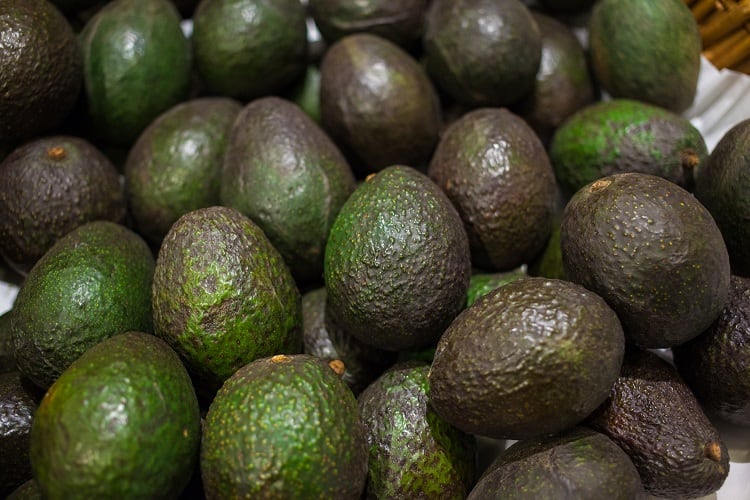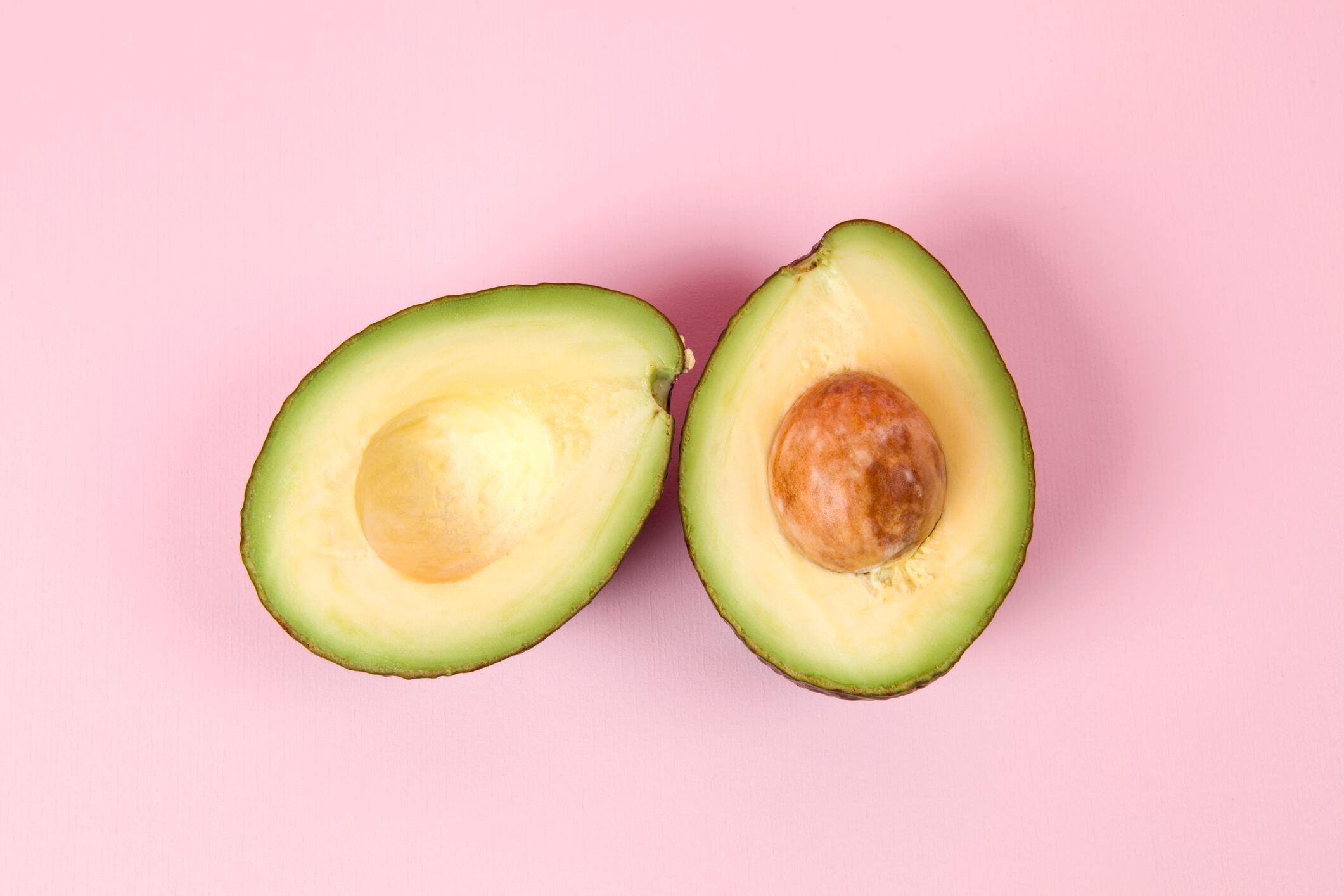Writing in the Journal of Cleaner Production, researchers from the Copernicus Institute of Sustainable Development at Utrecht University in the Netherlands investigated post-harvest losses in avocado production in Mexico and Colombia imported to the Netherlands, looking at the drivers behind it and mechanisms that could be used to overcome these losses. The researchers conducted interviews with various members of the supply chain, including producers, buyers and packers.
According to the study, one-third to a half of all food globally produced is lost or wasted along food supply chains, which had “far reaching” environmental, social and economic consequences.
Reduction of post-harvest losses therefore – where food was lost through crop production, distribution, marketing or retailing ahead of reaching the consumer – was of “particular interest”, the researchers said, as it was increasingly recognized as crucial to sustainable food supply.
Mexico, Colombia and the avocado boom
The researchers said the “rapid pace” of avocado exports could not always be met by organizational improvements and many buyers also acted opportunistically, changing orders or product requirements last minute.
“Various participants downstream the food supply chain expressed their discontent due to the resistance to change of some producers and farmers and due to an increase in opportunistic behavior as exports from developing countries increase,” the researchers wrote.
Colombia's shorter experience avocados exports was often cited as the major cause for a weaker regulatory framework, they said, but Mexico was no stronger in framework, partnerships or post-harvest losses, despite being the largest avocado exporter in the world with a very established market. Whilst the supply chain had improved productivity and overcome some structural inefficiencies, there remained a clear lack of motivation to progress further in Mexico, the researchers said, “presumably due to the steady economic rewards of the industry as it is”.
Industry in Mexico also underestimated competition, they said, because Colombia, for example, had already fast-tracked their production improvements towards a more “resource-efficient trade, with higher crop yields and less overseas' post-harvest losses”, built on learnings from Mexico.
Lack of trust, different working cultures

Innovative collaboration and effective partnerships would be the most important way to advance avocado production in both countries, the researchers said, but there were several barriers to overcome first.
Broadly speaking, there was a lack of trust in the avocado supply chain that created “the most important” barrier to collaboration, they said. A lack of “effective communication” and“differences in working culture and opinions” also created barriers – increasing cost and causing poor planning.
Whilst technological developments were being used to improve the detail and frequency of communication, the researchers said use was still limited to suppliers and retailers or large-scale producers. Small-to-medium producers, packers and exporters still communicated through traditional channels.
“The barriers and drivers of innovative collaboration along the food supply chains show an interesting arrangement. Most of the barriers are related to cognitive and affective inefficiencies and the corporate inefficiencies, stemming from feelings and behaviors of food supply chain participants or from inappropriate corporate structures and managerial mechanisms. The drivers seem to relate more to tangible improvements in logistics, operations and efficiency,” the researchers said.
Effective partnerships to catalyze trust, communication, cooperation and innovation would be vital in the push to a more sustainable avocado export chain, they said.
The 'backbone' to success
Innovative collaboration – information exchange, incentive alignment, effective partnerships and adequate use of technology – was found to contribute in varying degrees to post-harvest losses, contributing positively to the environmental, economic and social dimensions of the chain. For example, it reduced uncertainty, stimulated a commercial vision, increased reliability of contracts and improved working conditions and learning amongst small producers.
Effective, long-term partnerships within this were the backbone to success, they said, as they created positive change like technology transfer, fairer cost distribution and aligned objectives. The researchers said partnerships could be between competitors, between buyers and suppliers, or between research and development teams in national or international institutions.
“Reducing post-harvest losses requires a focus on multiple parallel issues at the same time, and an approach that includes the behavioral, organizational, technological and contextual complexities to which global food supply chains are subject.”
Source: Journal of Cleaner Production
Published online ahead of print, doi: 10.1016/j.jclepro.2018.06.187
Title: “Reducing post-harvest food losses through innovative collaboration: Insights from the Colombian and Mexican avocado supply chain”
Authors: CA. Bustos and EHM. Moors

